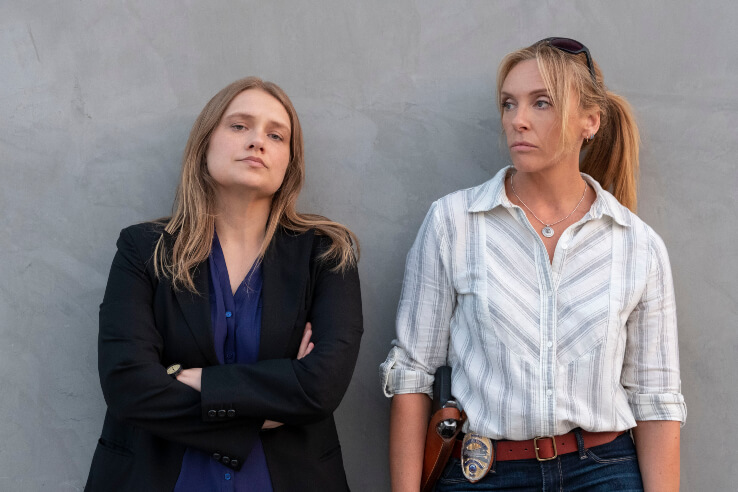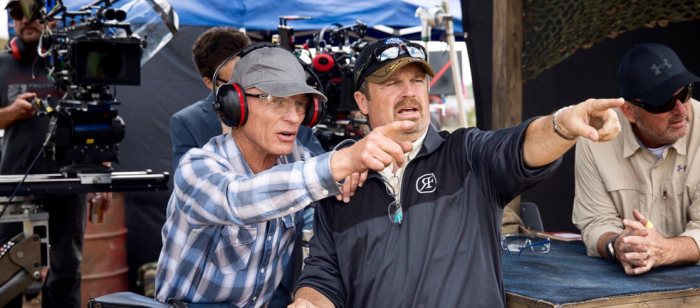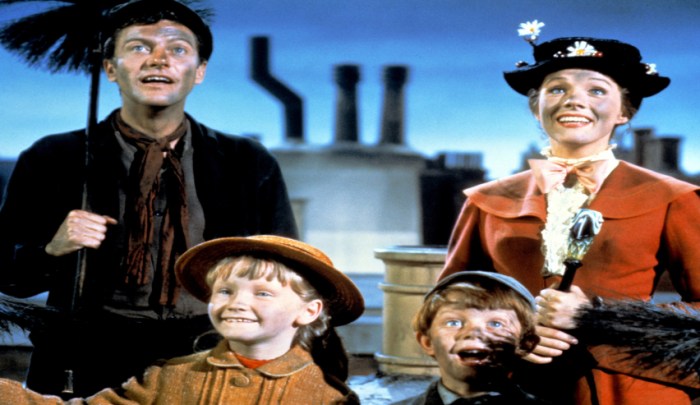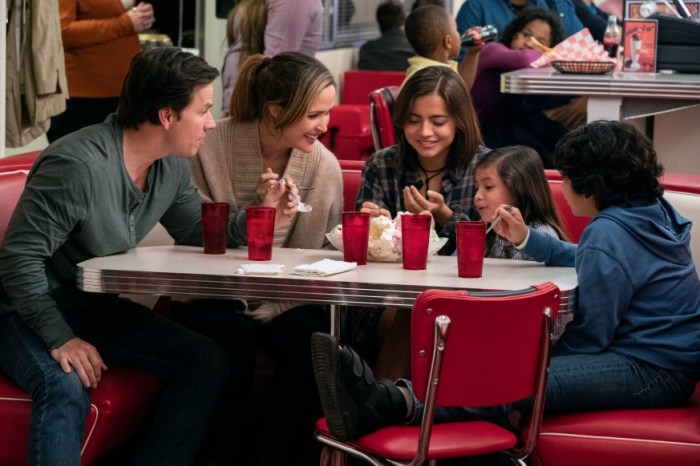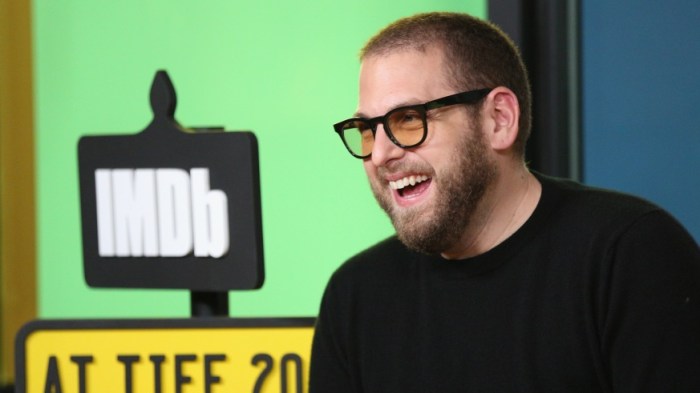Imagine having a traumatic experience happen in your life, one so horrid that most people who go through the situation never speak of it again. Then imagine being brave enough to come forward, then doubted, then pegged a liar. Netflix’s latest investigative limited series ‘Unbelievable’ highlights a real case where that side-step of justice actually happened. The series does delve into the horrible reality of sexual assault and the rationality of believing a victim, but the story also shines a light on the insanely tenacious efforts two detectives go through to bring justice to those who so desperately need it. The series creator and director, Susannah Grant was compelled to bring this story to life onscreen the minute she heard it, and after all of the details surrounding this riveting narrative come to light, you will most definitely see why. Grant sat down with Metro to talk about the series, the case and why she believes this story highlights the polarizing highs and lows of the justice system.
Creator-director Susannah Grant on why ‘Unbelievable’ should start an important conversation in today’s society
What was the driving force for you to create this series?
It was the article that Ken Armstrong and T. Christian Miller wrote and published during publication with ProPublica and The Marshall Project— it was just so arresting. It was such an incredible story and had at its heart three such remarkable people, and I quickly thought [the story] could really benefit from being told in my medium. It just has this tremendous narrative, but underneath, it really shines a light on important issues in our country that not a lot of people were talking about. I wanted people to see sexual assault looked at through the lens of the investigation process itself. Both from the perspective of someone who has been raped and is going through the investigation process and how wrong that process can go, and also from the perspective of two really talented, determined and dedicated detectives and showing what hard work it takes to bring justice to these people.
How much did you utilize the actual case files and statements from the detectives who worked on the case?
You know, I didn’t lean on them that much because there was so much reporting that had already been done. We had access to the book, the article and the research materials, so a lot of our questions were already answered. We did reach out to those who were involved and let them know what we were doing, what our intentions were and we asked them a few small questions about the accuracy of what was out there already. But everyone thought the book was great so we didn’t actually talk to them that much, we had a lot of the information that we already needed.

Were the two detectives in the series based on actual people?
They are not real, but they are inspired by actual people and the details of what they went through to apprehend this guy and solve this case—- those details are very close to reality. We tried to stick as close to the facts of that as possible just because they were so determined and I had such respect for the integrity that they brought to their work—- it didn’t need embellishment. But we did preserve their privacy, we changed their names and we dramatized the personal and inner lives of them, so that may or may not have anything to do with the real-life people.
You touched a bit on the relationship between Toni Collette and Merritt Wever’s character— why was that an important focus for you with this story?
Any character in order to be worth watching has to have real dimension and complexity. You’re going to be watching this person for eight hours, so they better be interesting. It was also really important to me that nobody in this show be all good or all bad, it wasn’t a show about white hats and black hats— everyone has nuance. People who make the worst mistakes are not horrible people and the people who do the best work are not saints. They’re all real people who are as complex as you and I. The hope was to always be compassionate to everyone in the story, even people who made really harmful decisions—just to understand why.
What did you look for when casting the characters?
Toni, I’ve worked with before, and when she read the script she immediately said she wanted to be involved, and of course, we should be so lucky so that was an easy one. Merritt just has a tremendous soulfulness that she brings to everything, she’s really such a phenomenal actress. Watching the two of them work together was one of the real joys of this job. For the role of Marie, we auditioned a number of talented women but when Kaitlyn Dever came in to audition, she really amazed all of us. I think her performance is just spectacular.

Why do you think it’s important and necessary for this story to be told?
When you look at just the statistics of the reporting— this is just a horrendous crime, and it gets reported somewhere between 5% and 20% of the time its perpetrated, and out of those, 5% are prosecuted. The numbers are just devastating and it’s so clearly justice getting a pass. This was a really incredible story that had just a propulsive nature to it. Aside from the great storytelling, it revealed a lot of truths that I think a lot of people ignore.
Overall what do you hope audiences will take away after watching “Unbelievable?”
Well, I hope that it starts a bigger conversation about something that we don’t talk about enough. I don’t try to dictate what that conversation should be, but if it can get people talking and thinking about something that a lot of people are ignoring, that’s the goal.
“Unbelievable” is now available to stream on Netflix

